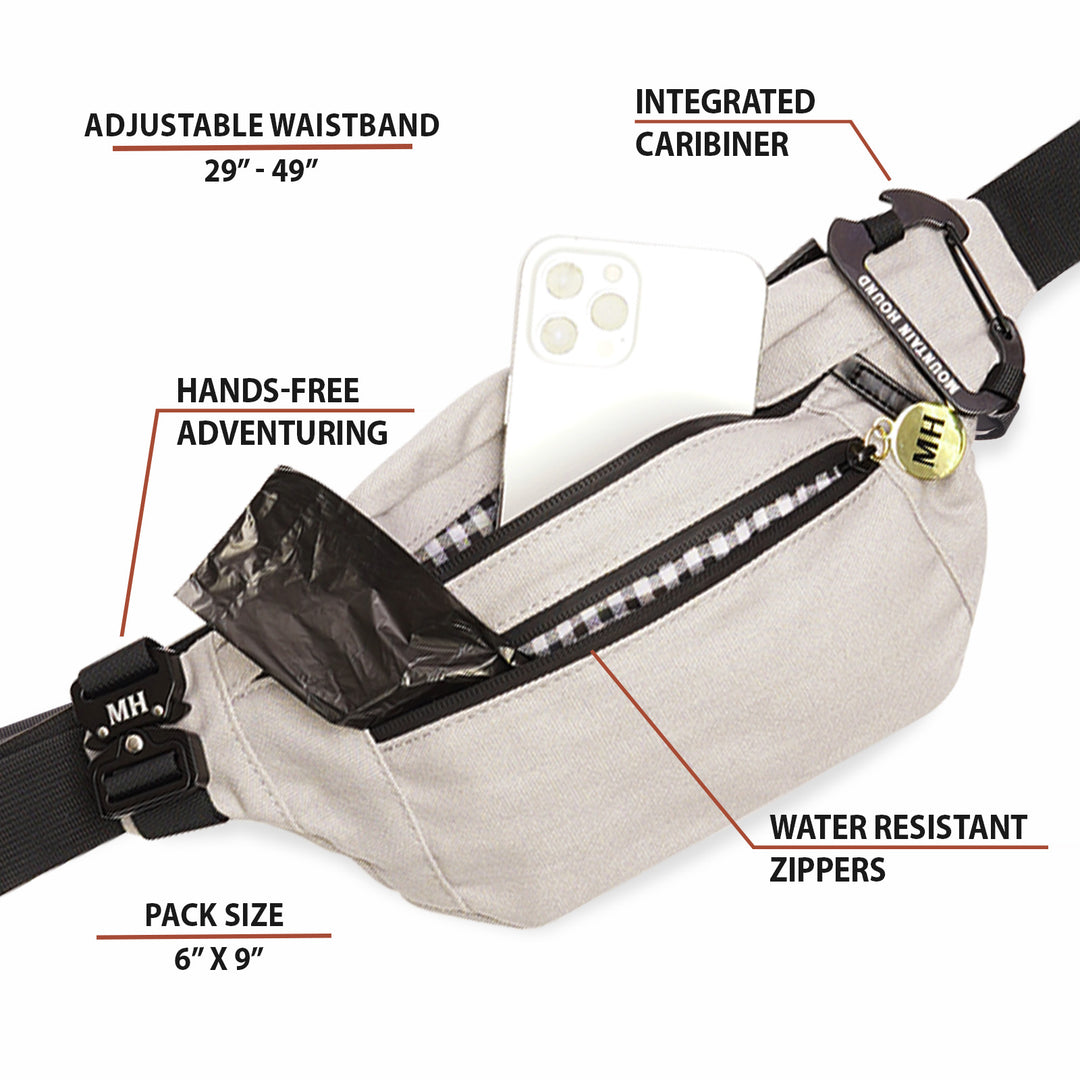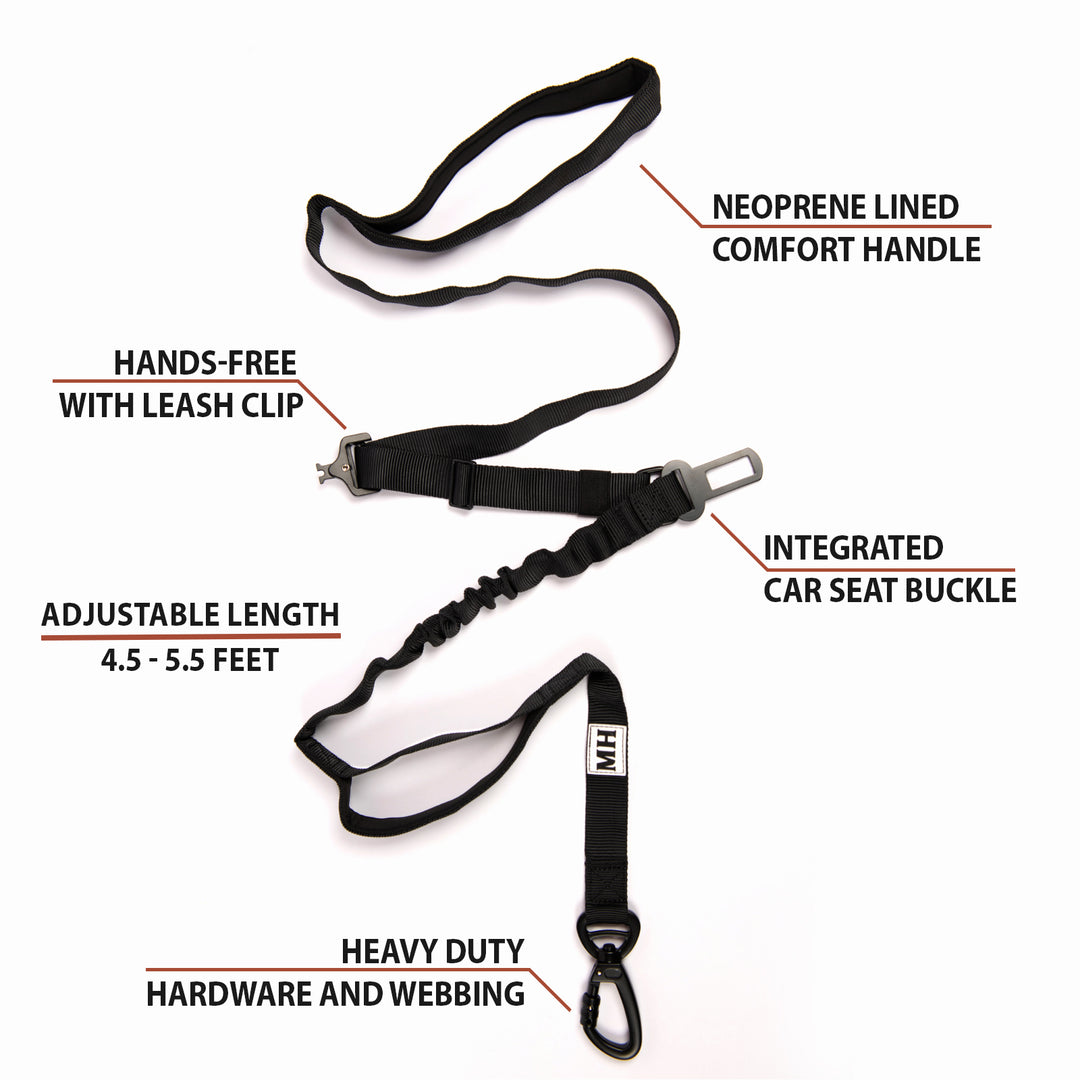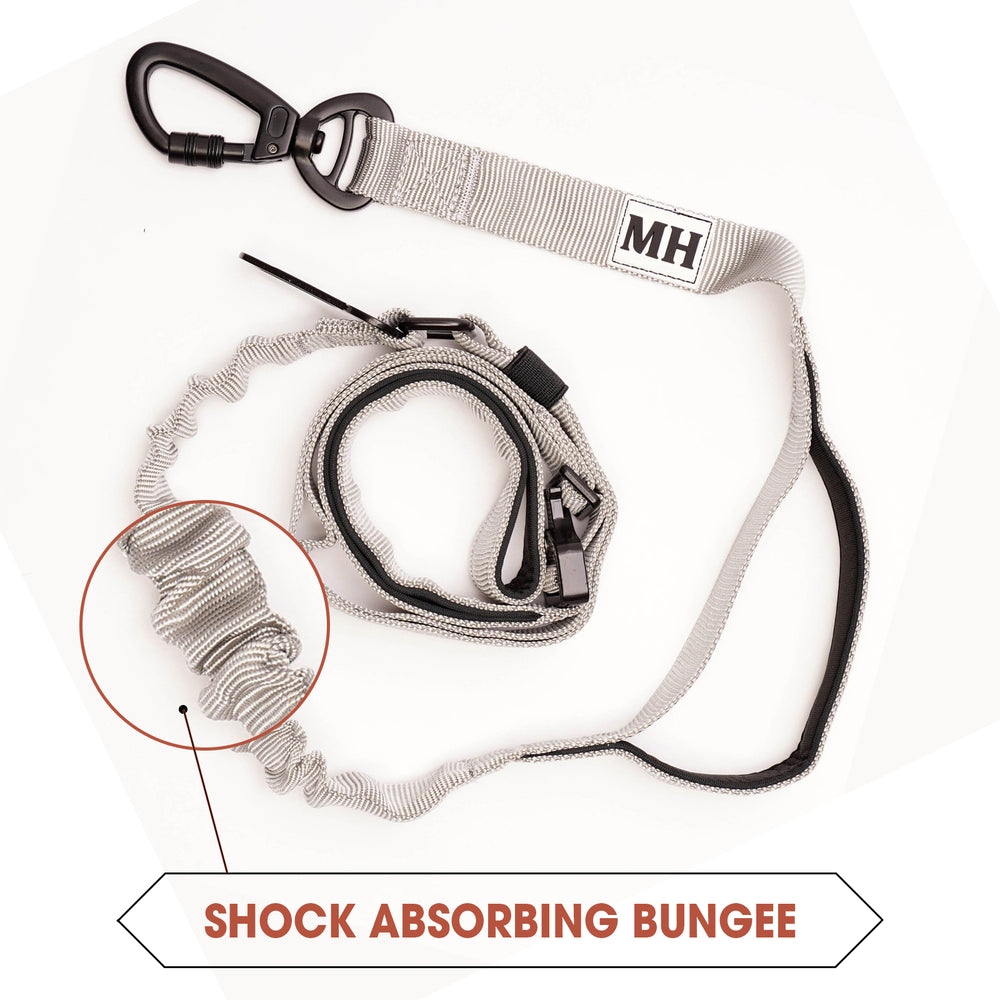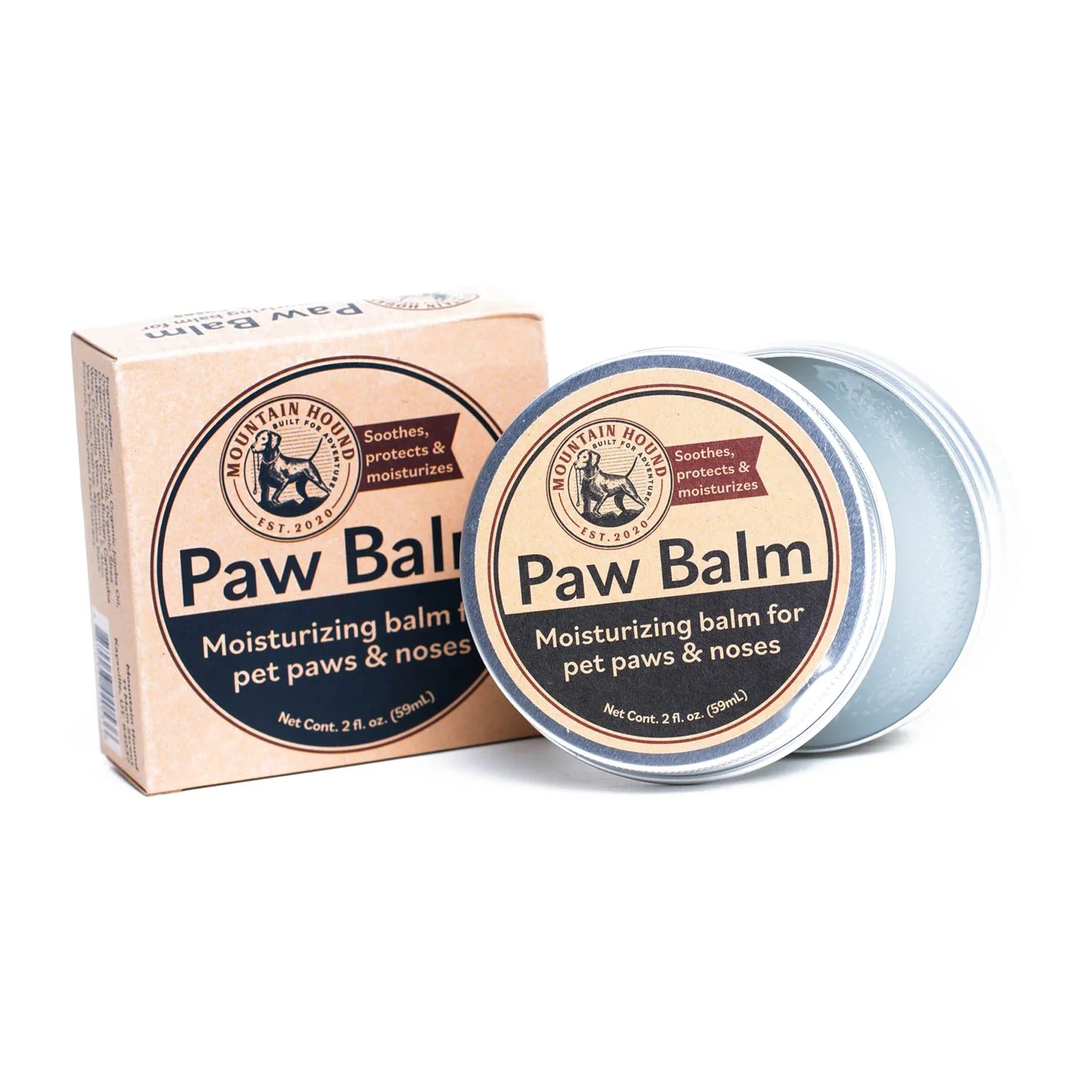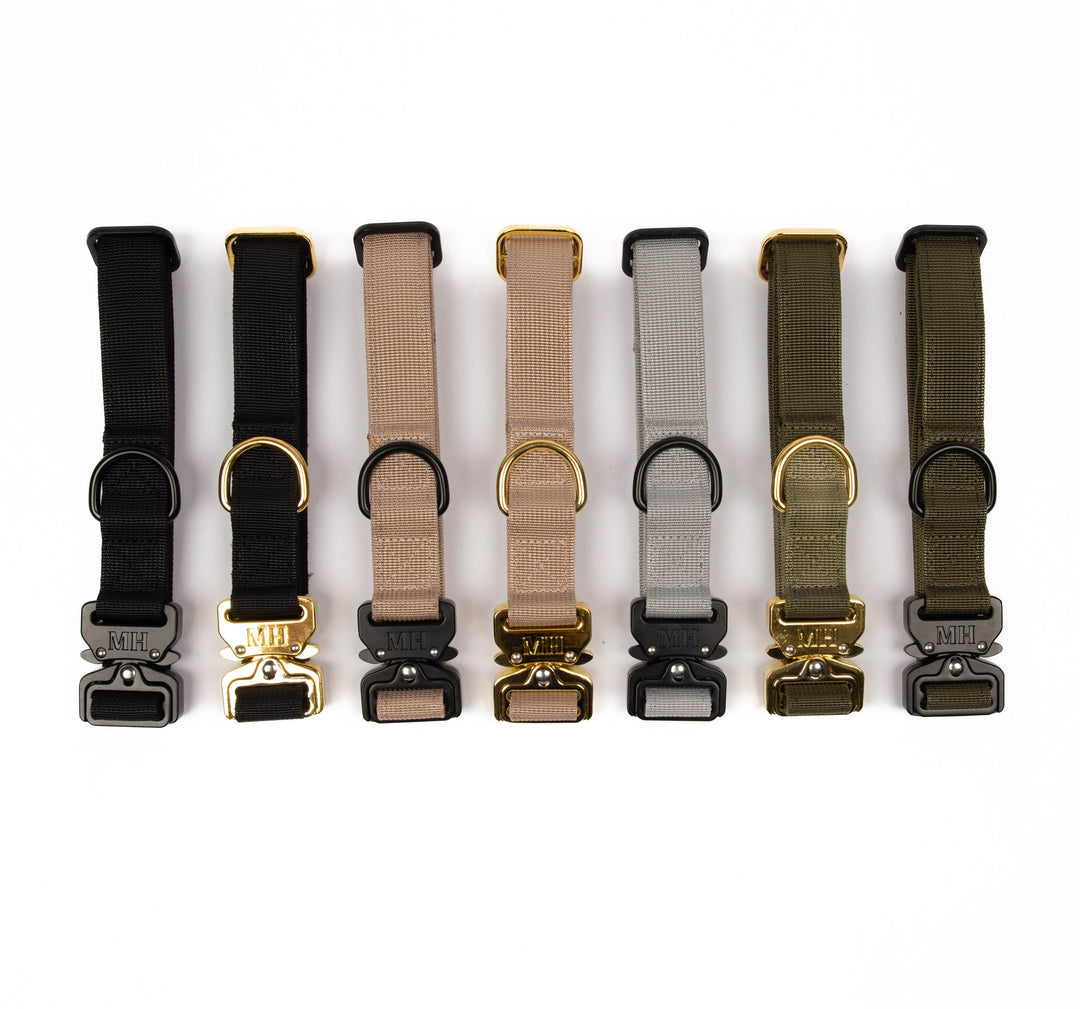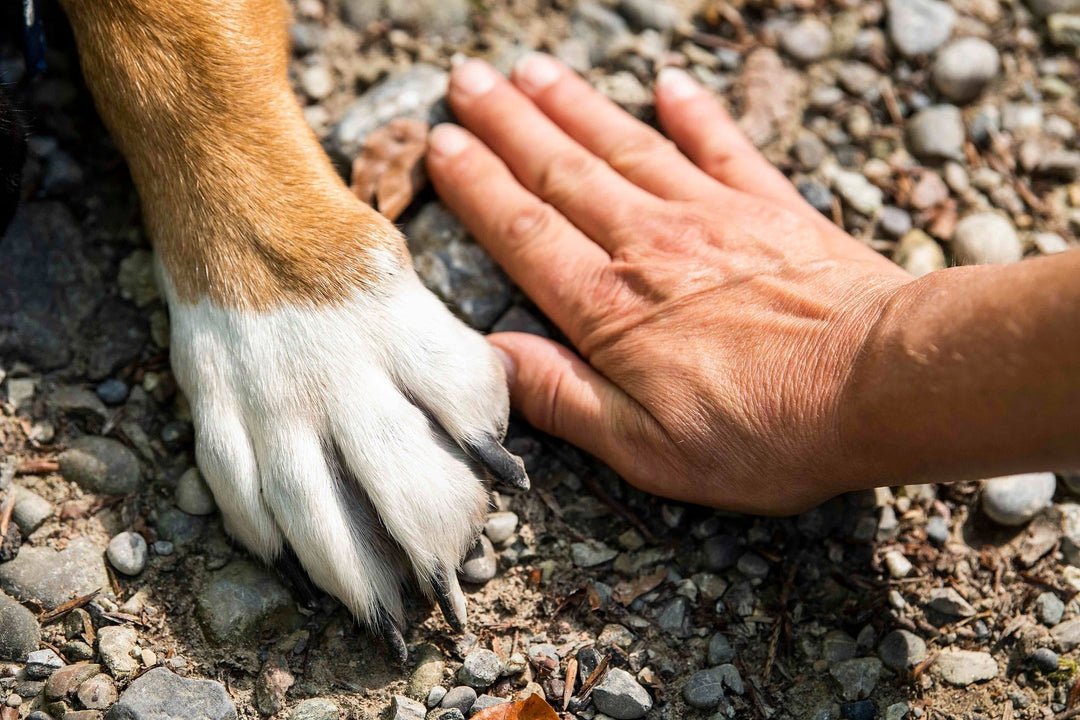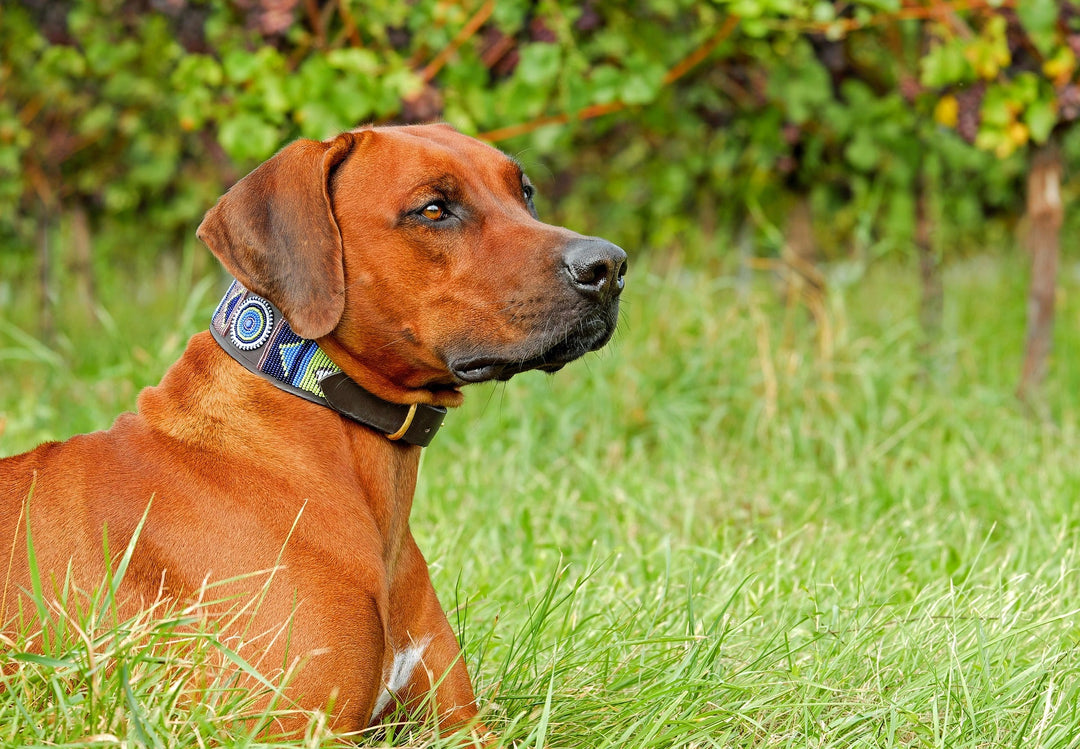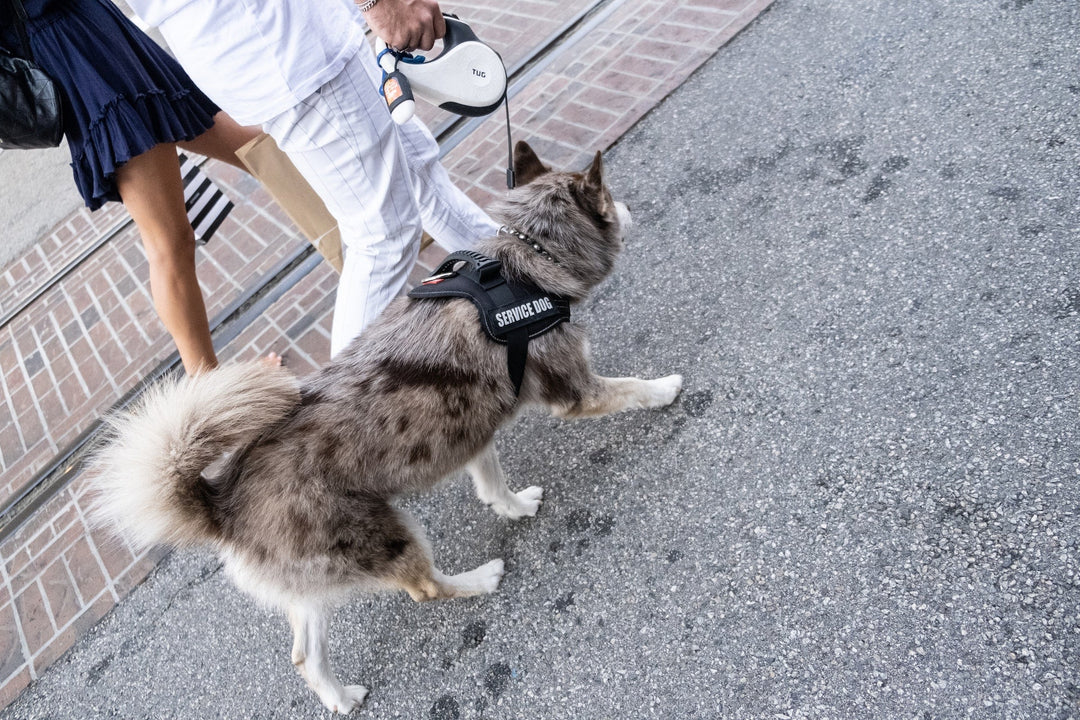The Low Down on Canine Diabetes

As pet parents, we all want our furry hounds to live long, happy, tail-wagging lives. However, sometimes our furry buddies face health issues that can leave us pet parents frantic with worry! One such health issue is canine diabetes, a common health concern many dogs face but still pretty daunting nonetheless. Thankfully the Mountain Hound team is here for you, so fret not! This comprehensive guide will provide you with everything you need to know about canine diabetes, how to avoid it (if possible), and what treatments are available.
What is Canine Diabetes?
Diabetes in dogs occurs when the pancreas doesn't produce sufficient insulin or the body doesn't respond to the insulin produced. Insulin is a hormone that helps dogs (and humans) absorb glucose (sugar) from the bloodstream. When there's a shortage of insulin, glucose accumulates in the bloodstream, resulting in high blood sugar levels, which can lead to all kinds of nasty side effects and even death.
Symptoms of Canine Diabetes
The most common signs of diabetes in dogs include:
- Increased thirst
- Frequent urination
- Unexplained weight loss
- Sweet smelling breath
- Eyesight issues
- Lethargy
- Increased/decreased appetite
If you notice these symptoms in your hound, take them to the vet right away.
How can Your Hound Avoid Diabetes?
Sage pet parent advice always seems to promote the mantra 'Prevention is better than cure,' and regarding diabetes, this couldn't be more correct! Thankfully as a pet parent, there are specific things you can do to prevent your dog from getting diabetes.
Ensure your hound eats a healthy diet, low in sugar and carbs but high in protein. Check out these steel dog bowls; they're great for hounds on a snack-free diet!
Help your loveable hound maintain a healthy (scale-friendly) weight by sticking to the recommended daily food portion illustrated on the food packaging, reducing their intake of hound snacks (no human food), and encouraging regular exercise or dog training. Sadly, obesity in dogs can cause a host of health issues, including diabetes. In fact, obesity in dogs is a big contributor to canine diabetes, which means a portly hound is at more risk of diabetes than his slender counterparts!
Don't skip regular vet check-ups, as this is where health issues are caught and treated early.
Of course, some dogs develop diabetes due to other factors such as their genes, disease (pancreatitis), or a mix of genetics and lifestyle choices.
Is There Treatment for Canine Diabetes?
While most pet parents hope to hear there's a cure for canine diabetes, there isn't one. But that doesn't mean your hound can't live a long and full life.
Diabetes in dogs can be treated using vet-prescribed insulin injections with the central goal of treatment to stabilize the dog's blood sugar levels. Insulin injections are given with a tiny needle under the skin, usually once or twice a day, depending on your dog's needs and size.
Additionally, your hound's diet may need to change, and most vets will recommend or prescribe a special diet for your diabetic hound that is low in carbohydrates and sugar but rich in protein.
What is Life Like for a Dog with Diabetes?
With proper care and treatment, diabetic hounds can still enjoy a healthy life. However, it's important to note that diabetic dogs require extra care.
Pet parents will need to ensure their furry family member is well cared for and gets their insulin injections at the same time every day. Additionally, they will need to ensure their hound eats a balanced diet, engages in regular exercise, and has their blood sugar levels monitored regularly.
Naturally, this may seem a little overwhelming at first, but with practice and a calm, pragmatic approach, canine diabetes can easily become part of your daily routine, leaving you to enjoy the good stuff like dog training, adventuring with your hound in the woods or cuddling on the couch. Talking about dog training, have you seen our adventure bungee leash? It's ideal for adventurous hounds!
The Last Woof
Canine diabetes is a common health concern for dogs, but it's manageable with the right treatment. As a pet owner, it's important to be aware of the symptoms of diabetes and take preventative action. However, if your hound is diagnosed with diabetes, remember that your furry buddy can lead a happy and healthy life with the right care.
Image by Andrés Carlo from Pixabay


